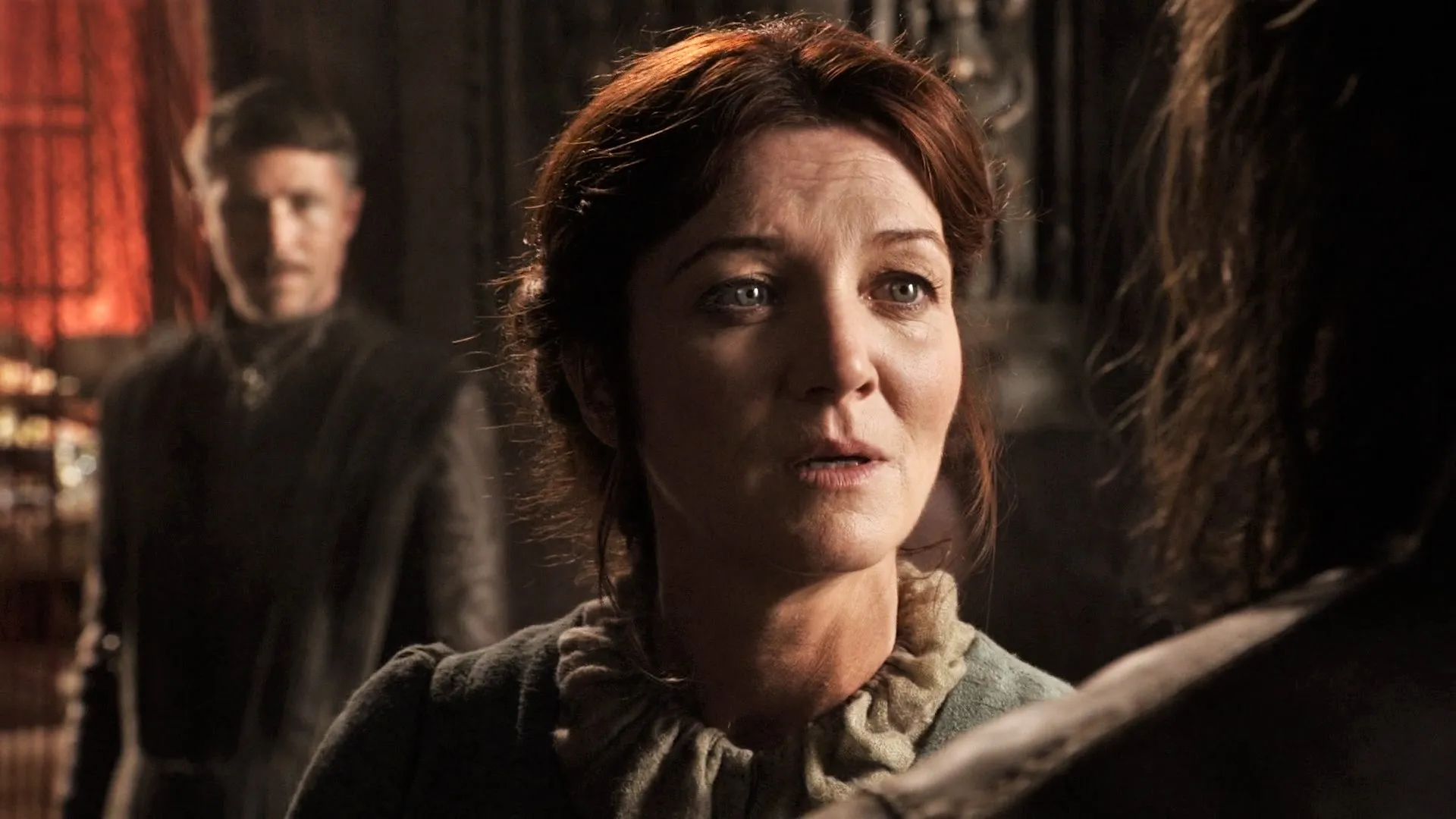In the sprawling, ruthless world of HBO’s Game of Thrones, the sharp minds often outlived the strongest swords—until they didn’t. Petyr ‘Littlefinger’ Baelish, portrayed with cunning brilliance by Aidan Gillen, was a character who exemplified cerebral menace and strategic dominance. His unexpected and lackluster demise in Season 7 not only disappointed fans but also signaled a broader narrative decline as the series approached its controversial finale.

A Fall From Grace: The Undoing of an Iconic Villain
Throughout the first several seasons, Littlefinger’s manipulations were a driving force behind many of the show’s most pivotal moments. From orchestrating the betrayal of Ned Stark to masterminding the alliance between the Lannisters and the Tyrells, his fingerprints were on almost every major twist. However, his end came abruptly, deviating from his character’s long-standing portrayal as a master strategist. In a plot twist that felt unearned and hastily written, Bran Stark’s revelation and Arya Stark’s swift execution of Littlefinger felt less like the culmination of a grand scheme and more like an afterthought.
This sudden shift did not sit well with audiences. “Game of Thrones,” once lauded for its intricate plotlines and deep character arcs, began showing signs of strain. The once meticulous pacing gave way to rushed conclusions, and the death of Littlefinger was a prime example of this shift. Critics and fans alike viewed this as a betrayal of the narrative’s core principles—principles that had made the show a landmark in television history.

The Impact of Hastened Storytelling on Westeros
The backlash from Littlefinger’s death was immediate and immense. Viewers felt robbed of a more fitting conclusion to a character who was a key player in the game of thrones. His demise was not just a loss of a character but a misstep in storytelling that presaged the issues that would plague the series’ final episodes. The show, known for its careful build-up and shocking payoffs, lost a significant part of its appeal when it abandoned these strengths.
The later seasons, particularly the last three, faced criticism for favoring spectacle over substance, and for sidelining the political intrigue that had defined earlier seasons. By truncating the complex narratives and character developments, the showrunners delivered a finale that felt disconnected from the show’s originally established tone and quality.
Legacy of a Lost Villain: Reflecting on What Might Have Been
Littlefinger’s poorly handled exit remains a topic of discussion among the show’s fans and critics, representing a larger dissatisfaction with how Game of Thrones concluded its story. His character, who had once brilliantly said, “Chaos is a ladder,” ironically fell victim to the chaos of rushed narrative decisions. This not only undermined his role but also served as a forewarning to the disheartening finale that left many viewers disillusioned.
In retrospect, the treatment of Littlefinger’s character is emblematic of the challenges faced by series that must balance complex storytelling with the expectations of a growing audience. As Game of Thrones moved away from the source material, the absence of George R.R. Martin’s guiding hand was keenly felt. The series, once a masterclass in adaptation and narrative precision, floundered, turning what could have been a television triumph into a cautionary tale of potential unfulfilled.
The saga of Littlefinger, much like the series itself, started with promise and intrigue but ultimately succumbed to the pitfalls of its own ambitions. As the dust settles, the legacy of both the character and the show linger as a potent reminder of how crucial coherent storytelling is to maintaining the integrity of a beloved saga. Fans and critics will undoubtedly continue to debate what could have been, had the cunning of Littlefinger been given the swan song it truly deserved.

